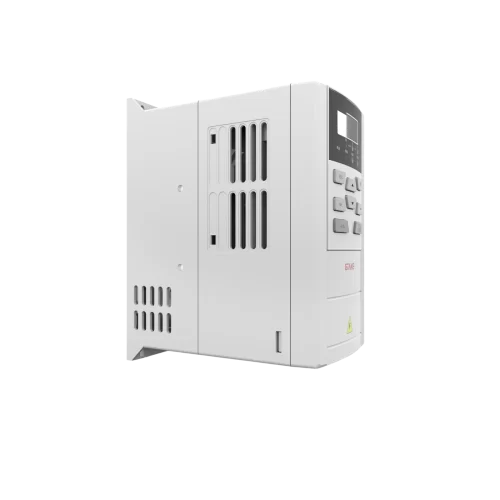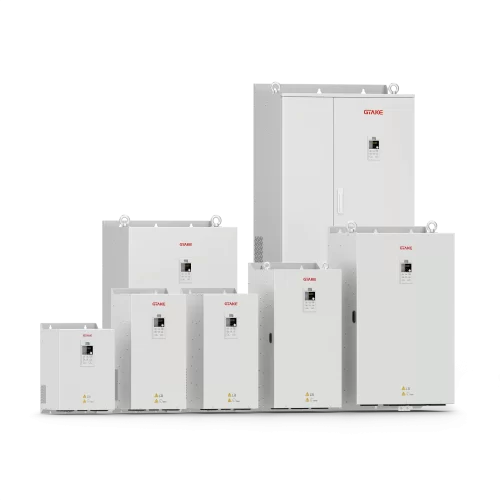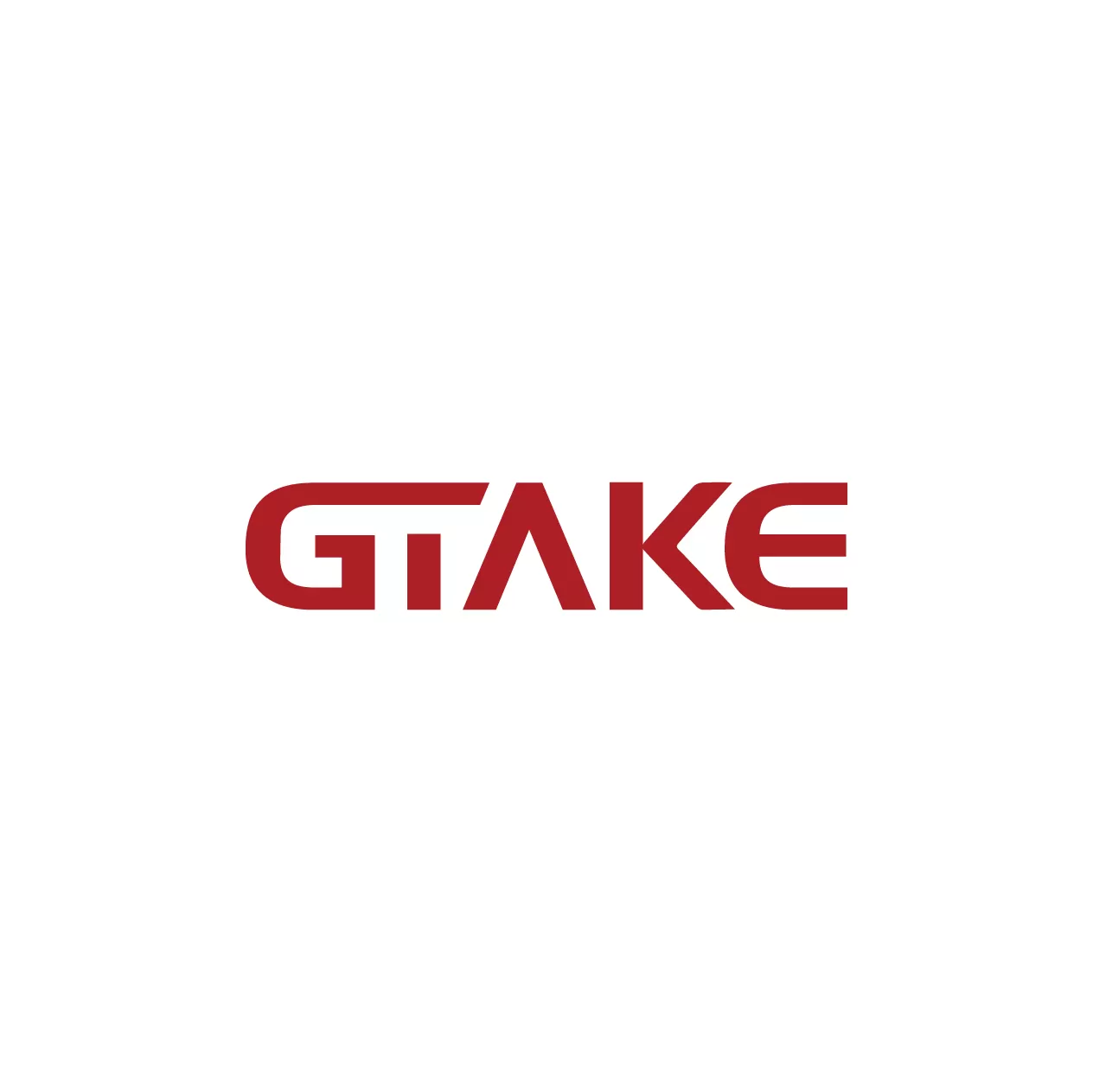Variable Frequency Drives (VFDs) have become a popular addition to rotary screw air compressors, giving rise to what is now commonly called the VFD air compressor or variable speed drive (VSD) compressor. These systems are known for their ability to reduce energy consumption, improve pressure stability, and extend equipment life, making them a smart choice for modern industrial facilities.
In this article, we will explore how VFDs work in compressors, the key advantages they bring, and why they are becoming the standard for energy-efficient compressed air systems.
VFD vs. VSD: Clearing the Terminology
There is often confusion between VFD (Variable Frequency Drive) and VSD (Variable Speed Drive). In simple terms, all VFDs are VSDs, but not all VSDs are VFDs.
A VSD is a broad term referring to any system that adjusts motor speed, while a VFD specifically controls the motor speed by varying the electrical frequency and voltage. In the compressed air industry, VFDs are the dominant technology, which is why VFD air compressors and VSD air compressors are often used interchangeably.

How Does a VFD Air Compressor Work?
A variable frequency drive compressor uses an electronic controller to adjust the frequency of the power supplied to the motor. By changing the motor’s speed according to real-time compressed air demand, the system delivers just the right amount of air needed for each application.
In contrast, traditional fixed-speed compressors run at a constant speed regardless of demand, wasting significant amounts of energy during low-demand periods.
Key Advantages of VFDs in Compressors
1. Energy Efficiency and Cost Savings
One of the biggest advantages of a VFD air compressor is energy savings. By slowing the motor when air demand is low, the system consumes only the energy required for actual use.
According to the Compressed Air & Gas Institute, variable speed drive compressors can reduce energy consumption by 20–35%. The American Society of Mechanical Engineers reports average annual cost savings of over $17,000, with a typical payback period of 2–5 years. Some facilities may also qualify for energy-efficiency rebates, further increasing the return on investment.
2. Reduced Starting Current and Peak Demand
Traditional compressors draw a very high in-rush current — up to six times the normal operating current — when starting. This can stress the electrical grid and lead to utility company demand charges.
A soft-start VFD air compressor gradually ramps up the motor speed, reducing the starting current by as much as 80%. This not only lowers peak amps but also protects other electrical components in the system from voltage fluctuations.
3. Improved Pressure Stability and Process Control
For industries that rely on precise pneumatic control, pressure fluctuations can cause inconsistent product quality. A VFD maintains stable air pressure by continuously adjusting motor speed to match demand.
This improved process control eliminates the need for frequent on/off cycling and reduces the risk of torque variations in pneumatic tools or production equipment.
4. Extended Equipment Lifespan and Lower Maintenance Costs
Because a VFD provides soft-start and soft-stop functions, it reduces mechanical stress on the motor, bearings, and other moving parts. Less wear and tear means a longer compressor lifespan and fewer unexpected breakdowns.
In addition, the smoother operation lowers vibration, which helps maintain the integrity of seals and other sensitive components, reducing long-term maintenance costs.
5. Lower Noise Levels
A quiet VFD air compressor is possible because the motor runs at lower speeds during light-load conditions. The reduced rotational speed, combined with proper airflow design, significantly decreases noise levels, creating a safer and more comfortable work environment.
Advanced Features of Modern VFD Compressors
Today’s advanced VFD technology offers much more than basic speed control. Modern drives feature built-in sensors that monitor temperature, pressure, and airflow, automatically adjusting motor performance for optimal efficiency.
Some systems also include harmonic mitigation, liquid cooling, and smart diagnostics, making VFD compressors suitable for a wider range of applications.

Safety and Protection Mechanisms
A VFD not only improves efficiency but also protects the compressor with features such as:
- Overvoltage/Undervoltage protection
- Overcurrent and overload protection
- Phase loss and reverse phase detection
- Short-circuit and ground fault protection
These mechanisms help prevent electrical failures, ensuring reliable and safe compressor operation.
Key Considerations Before Installing a VFD
While VFDs deliver impressive benefits, they are not a one-size-fits-all solution. Simply adding a VFD to an existing compressor without considering motor cooling, torque matching, or airflow design may lead to suboptimal results.
For best performance, choose a compressor system optimized for VFD operation. Properly configured systems can maintain high efficiency across a wide speed range, reducing noise and vibration while maximizing energy savings.
Conclusion: Why VFDs are the Future of Air Compression
The advantages of VFD air compressors are clear — significant energy and cost savings, improved process control, extended equipment life, and quieter operation. As industries strive for sustainable and energy-efficient solutions, VFD technology is becoming a standard in modern compressed air systems.
If you are considering upgrading your air compressor, investing in a variable frequency drive compressor is one of the smartest ways to reduce operational costs and improve system reliability.
